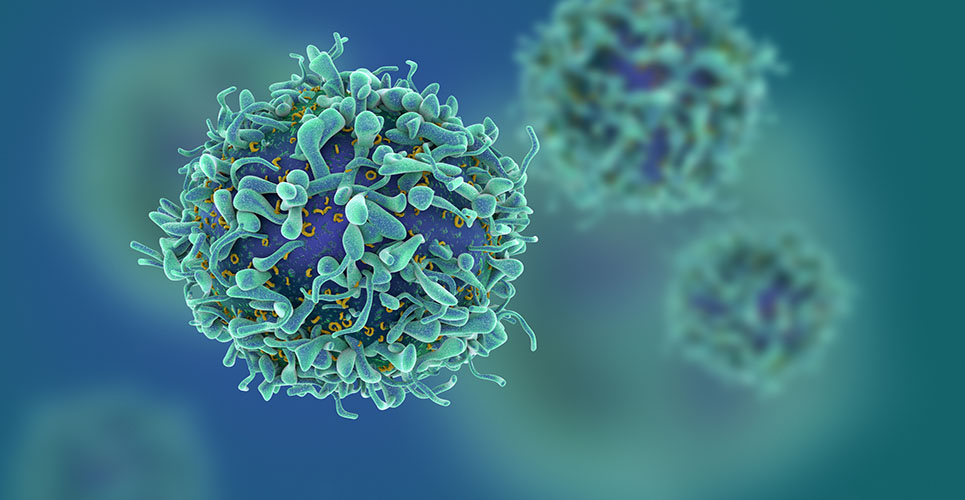teaser
According to a study in the 6 August issue of JAMA (The Journal of the American Medical Association), patients in developing countries using nevirapine – a low cost antiretroviral – are more likely to experience virological failure when the drug is used in conjunction with antituberculosis (TB) drug rifampicin than those who use efavirenz – a more expensive HIV treatment.
Andrew Boulle, of the University of Cape Town, South Africa, carried out the study to assess the effectiveness of efavirenz or nevirapine-based combination ART used with rifampicin-based antitubercular therapy.
Data was collected from a community-based South African antiretroviral treatment programme. Adults were enrolled between May 2001 and June 2006, and were followed up until the end of 2006. This included 2,035 individuals who started antiretroviral therapy with efavirenz (1,074 with tuberculosis) and 1,935 with nevirapine (209 with tuberculosis).
The researchers found that patients with TB initiating nevirapine were about twice as likely to have elevated viral loads during follow-up than those without TB (at six months, 16.3% vs 8.3%). Further to this, patients starting nevirapine with TB treatment were more than twice as likely to develop virological failure. In spite of these differences, 80% of patients in the initial nevirapine-rifampicin group were virologically suppressed at 18 months duration of ART.
There were no differences between patients starting efavirenz with and without tuberculosis treatment, or in patients developing tuberculosis while on nevirapine or efavirenz compared to those free of tuberculosis on the same antiretroviral drug.
Combination antiretroviral therapy (ART) is frequently initiated in resource-limited countries when patients are being treated for TB. Coadministration of ART and antitubercular therapy may be complicated by shared toxicity or adverse drug interactions. The article revealed that rifampicin reduces the plasma concentrations of the antiretroviral agents efavirenz and nevirapine. The virological consequences of these interactions are not well known.

